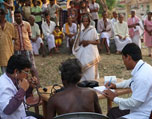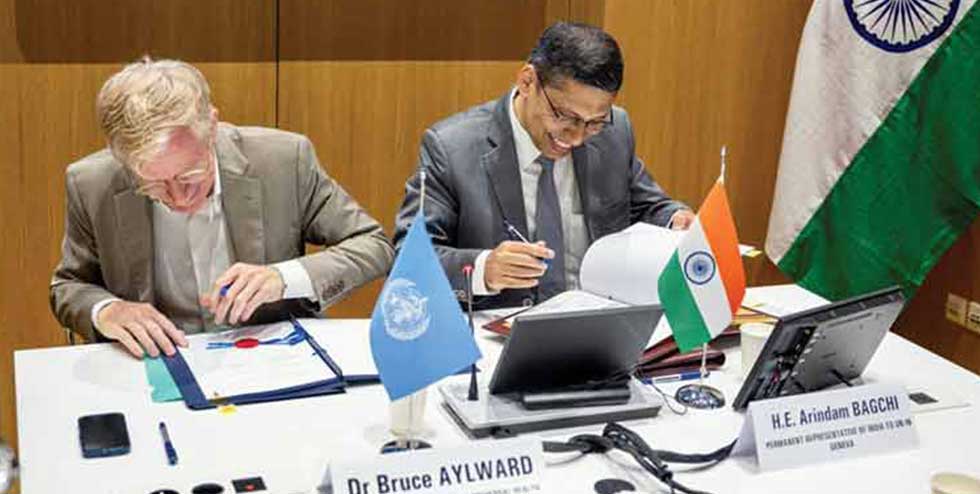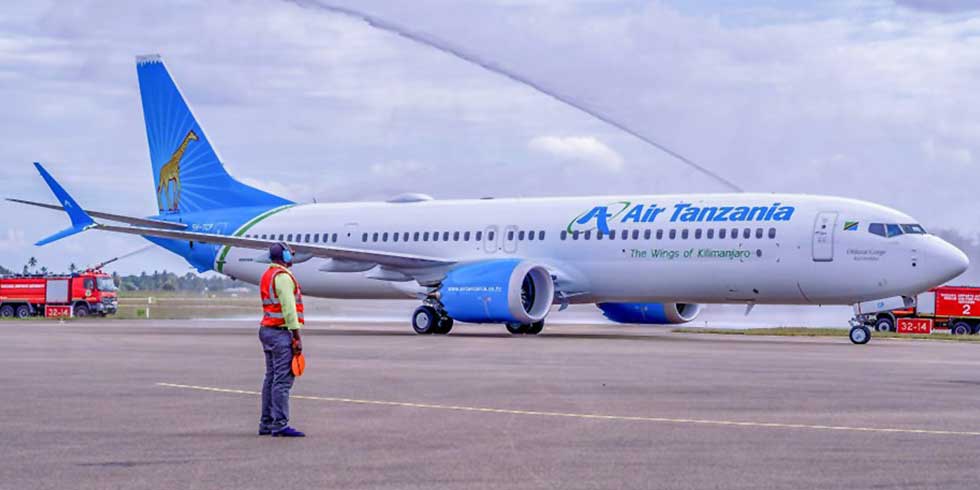To understand how iKure started, consider this example. A man in Kharagpur, a district town in West Bengal, is diagnosed with a heart disease and is taken to a local doctor. His conditions, however, do not improve and his son takes him to a cardiology clinic in Bangalore. When the doctor visits him, he reveals that the man has been prescribed wrong medicines.
When this happened to iKure Founder and CEO Sujay Santra, it suddenly became clear to him what it meant to lack professional medical care. According to the KPMG Health Report 2013, rural India (that is to say 840 million people) is served by only 30 per cent of the country’s combined medical force.
“We started iKure to provide affordable and accessible healthcare in rural India, but also to ensure that our services meet the expectations of our patients, clients and investors,” says Sujay.
“Despite government’s efforts,” he continues, “health care in rural India is critically flawed with serious shortage of manpower, facilities, and quality. The WHO World Health Statistics 2012 showed that only 43.5% of all villages in the country have a doctor. But, even worse, these doctors often do not attend, the infrastructures available are decrepit, supplies are inconstant, and the monitoring of healthcare setup is poor. So, we want to provide healthcare delivery up to the last mile to the rural population enabled by a proprietary technology platform called WHIMS.”
WHIMS (Wireless Health Incident Monitoring System) is an in-house software developed by the organization which enables treating patients in a remote setting where access to hospitals and clinics are limited. It is a cloud base web application that works on low bandwidth and acts as an interface between rural and urban. “Roping in doctors to serve in remote villages was a huge hurdle to cross,” says Sujay, adding, “whereas WHIMS supports one and two-way communication to monitor health conditions of the remote patients, maintains strict vigilance of the caregivers, and ensures medications at regular intervals.”
The monitoring device enabled with video-conferencing applications help to store patient’s medical history and record consultations for future reference. Sujay adds that, “besides improving medical assistance, our innovation also allows mapping the main types and causes of diseases in rural areas.”
Currently, iKure’s business model has two revenue streams: fees from doctor consultation and diagnostic services. However, from 2016 they want to add external referral and hospital escalation revenues. “With the rise in demand of our services, creating rapidly deployable infrastructure is a challenge,” says Sujay, adding, “We are addressing the market through appropriate interventions and collaborations which will help us scale rapidly and maximize our reach in remotest rural population.”
In the past few years, the iKure team has been able to create a managerial corpus of more than 50 employees who have joined the company from across various platforms; whereas the operational team includes doctors, nurses, and paramedic staff who work 24X7 on the field.
elemedicine is on the rise in India but, according to Sujay, “iKure is the only player in the country with physical network of RHCs powered by WHIMS. Moreover, we have a diverse set of expertise on ground as software engineers, clinicians, hospital administrators and policy experts.”
He also explains that, “although telemedicine is increasingly available, a number of access and equity barriers have prevented their uptake, including IT infrastructure, equipment, tele-literacy, accessibility and preference for traditional ‘in-person’ care. On the other hand, iKure occupies a unique space in making affordable quality healthcare accessible to rural India by establishing community based brick-and-mortar health centres backed by remote monitoring technology and each RHC cost 1/10th of telemedicine set up cost (Rs. 80-100 cost per visit vs. INR 120-150 by the nearest providers for consultation).”
The company has now 28 RHCs and hubs in Birbhum and Midnapore districts with certified doctors, integrated biometric equipment and diagnostics, medicine and pre and post-surgery consultation.
However, they are thinking of expanding in Orissa, Bihar, Assam, and eastern India with an additional 100 RHCs.
After talking about his venture, Sujay concludes, “Looking back at the long and eventful journey, I had my moments of success and failure. One thing I have realized is that unless one has tasted failure, one cannot aspire for success. As I have seen both sides of the coin, the lessons learnt in this journey helped me stay strong through many difficult times. Like me, there are many entrepreneurs who set out a goal but have had many hurdles. We need to find the hidden reserves of courage and determination that lies within us to rise and walk all over again.”
iKure has created a software to help millions of underserved patients in rural Bengal








Add Comment